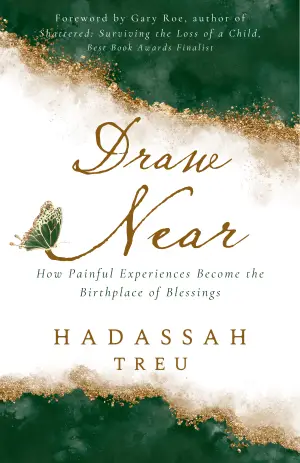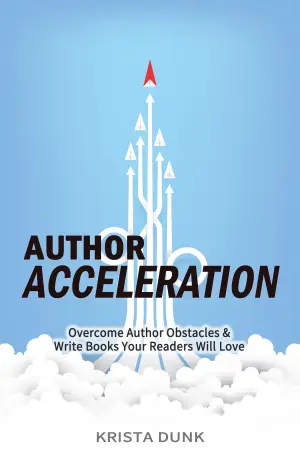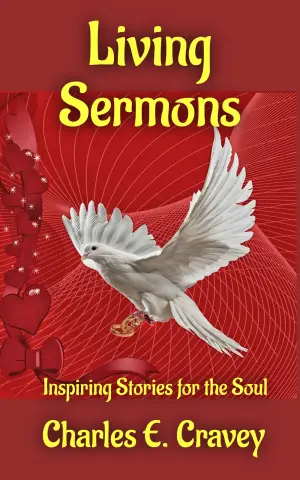Exploring the Complicated Terrain of "White Rural Rage": A Reflection on American Democracy
When I first stumbled upon White Rural Rage: The Threat to American Democracy by Schaller and Waldman, I felt an electric jolt of curiosity. This isn’t merely another socio-political analysis; it’s a bold, unapologetic excavation of what drives the contemporary rural white Christian sentiment in America. I’ve always appreciated books that challenge my worldview, and this one promised a tempest of insights and emotional confrontations.
Right off the bat, Schaller and Waldman pull no punches. They deftly dissect the notion that rural white communities are the "real America," peeling away layers of myth and nostalgia to reveal a stark reality. Their argument is compelling: while these communities have historically been viewed through a lens of privilege and entitlement, they are also steeped in decay, impoverishment, and a sense of desperation. The authors depict the Rural White as a figure not only entrenched in anger but also shackled by a cultural and economic inertia. I found myself reflecting deeply on the paradox of being both a victim and a perpetrator of societal ills.
What struck me about the writing style was its engaging blend of scholarly rigor and accessible prose. The pacing felt almost rhythmic, sweeping the reader through a meticulously curated landscape of data and anecdotes. The authors’ insights are often laced with a biting wit that kept me both entertained and horrified. A particularly poignant moment came when they likened the Rural White to a child who, upon losing a game, simply takes the ball and goes home. This metaphor encapsulated the fragility and rigidity of a demographic that clings to the past while hurtling toward an uncertain future.
Throughout the book, Schaller and Waldman drop numerous memorable quotes that resonated deeply with me. One such sentiment—that the Rural White is “just rubble in an antique land”—lingered in my mind long after I closed the cover. It raises critical questions about identity, belonging, and the ways we tether ourselves to nostalgia in an ever-evolving society.
However, I have two reservations about the authors’ proposed solutions. The idea of helping the Rural White is fraught with complications. The presumption that assistance will be received with gratitude seems misguided, as this demographic often views help as their due, not as a privilege. Their rage, rooted in a fear of irrelevance, complicates any attempts at meaningful support. Instead, I find merit in calls to abolish the Electoral College and dismantle gerrymandered districts, truly leveling the playing field.
Schaller and Waldman bravely skirt the edge of a shocking conclusion without quite stating it outright: that America is, in many ways, functioning as an apartheid state dominated by a rapidly decreasing but still entitled minority. This unflinching examination of the political landscape left me pondering the future of our democracy.
White Rural Rage is not just a book; it’s a clarion call for understanding the complexities of America’s heartland and its discontents. I would recommend this book to anyone seeking a deeper understanding of the political rifts currently shaping our society, especially readers interested in the intersections of race, identity, and socio-economics.
Ultimately, this book challenged my beliefs and prompted introspection about the state of our democracy. It’s a vital read that left me hopeful—hopeful that through dialogue and understanding, we can begin to bridge the divide.
Discover more about White Rural Rage: The Threat to American Democracy on GoodReads >>






